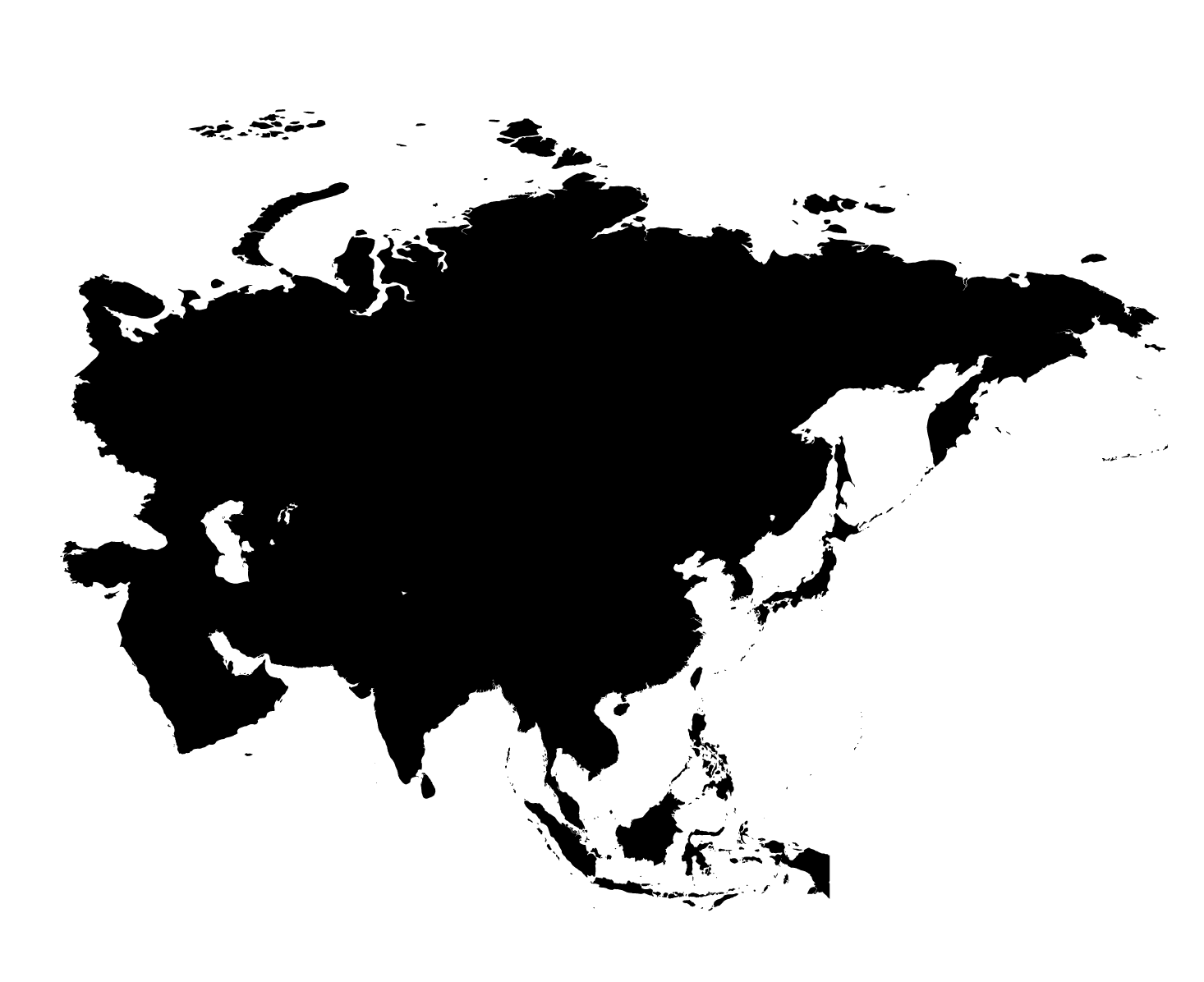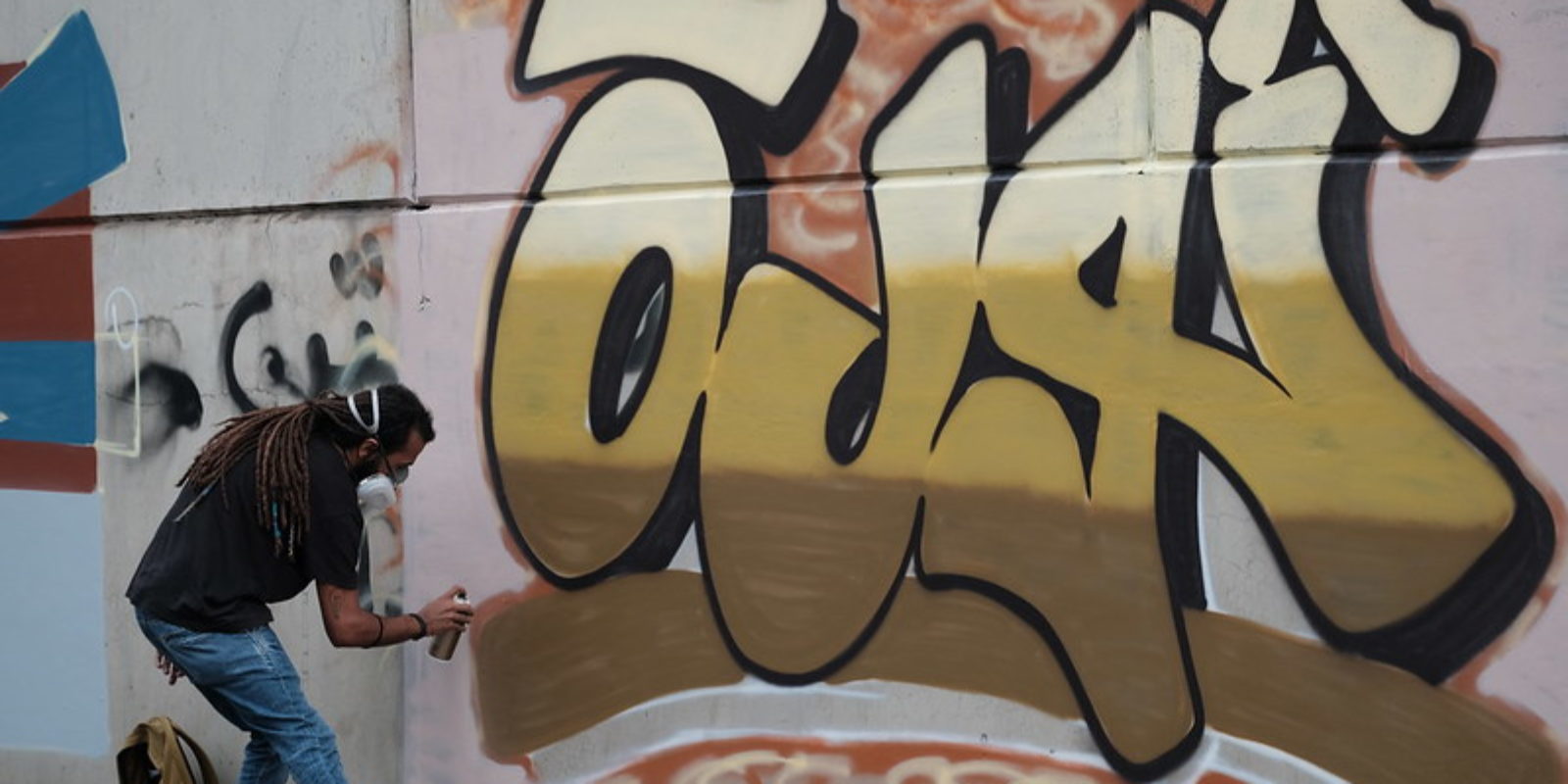ACTIE • Lebanese Suspended

Lebanon goes against its own constitution by denying women the right to have their non-Lebanese husbands naturalized.
donate nowSexist Nationality Law
Since 1925, Lebanon’s nationality law has remained unchanged. The law stipulates that non-Lebanese women who marry Lebanese men may apply for Lebanese nationality, but non-Lebanese men who marry Lebanese women may not. This goes against the seventh article of the Lebanese constitution, which states that all Lebanese are equal before the law.
Masir, a Lebanese organization dedicated to individual human rights, believes that this sexist legislation must be changed. It is not alone: several political parties have already introduced bills to give women the right to naturalize their husbands. However, the president of the parliament has thus far refused to deal with these bills. Masir, with the support of Het Actiefonds, is therefore organizing a demonstration to put pressure on the speaker of parlement to discuss the bills.
Refugee crisis
Lebanon faces the highest number of refugees per capita in the world. 1 in 5 residents in Lebanon is a refugee, mainly Syrians and Palestinians. In addition, the country is suffering from a huge economic and political crisis ever since the port of Beirut exploded in August 2020. The economic consequences of this crisis hit refugees even harder, since they do not possess citizenship, receive little or no assistance from the state, nor do they have any prospect of naturalization.
The severe refugee policy of Lebanon springs forth from Lebanon’s confessional form of government, in which Christians, Sunni’s and Shi’ites are represented in the government based on their share in the total population. A sudden influx of Sunni refugees could tip the political balance in favor of Lebanese Sunnis, which the other confessional groups will not accept. Previously, the Palestinian refugee crisis in the aftermath of the Six-Day War (1967) similarly led to the Lebanese Civil War (1975-1990), which killed an estimated 120 thousand people.
Beirut is thus reluctant to naturalize refugees and makes this process as difficult as possible. An offshoot of this severe refugee policy is the government’s insistence on a clearly sexist law that goes against the constitution. In recent years there have been many mass protests in Lebanon for many different reasons, but a recurring motive has always been the end of confessionalism. This colonial relic developed under the French protectorate was part of a colonial “divide and rule” strategy. The consequences of this constitution have led to countless deaths and maintains a system of inequality to this day – especially regarding Syrian and Palestinian refugees. These refugees will remain stateless until they can return to their homeland.
Image: Nadim Kobeissi via Flickr.
Support the project ‘ACTIE • Lebanese Suspended’ and donate
Make a donation
Support Het Actiefonds with 10 euros a month and make actions happen worldwide
donate now
